 |
| Jo Nesbo |
The best recent thrillers – review roundup
The Thirst by Jo Nesbø; Dead Woman Walking by Sharon Bolton; A Dark So Deadly by Stuart MacBride; Don’t Let Go by Michel Bussi; The Special Girls by Isabelle Grey; Heretics by Leonardo Padura; Since We Fell by Dennis Lehane
Barry Forshaw
Fri 14 Apr 2017 11.59 BST
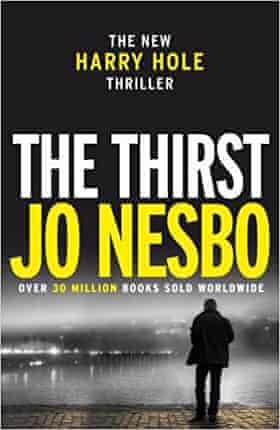
Very few writers in the thriller genre achieve superstar status; the Norwegian Jo Nesbø is not only the reigning king of Scandinavian crime fiction, but is also called on as a TV pundit when reality reflects his books (as at the time of the Breivik massacres, as Nesbø had written so persuasively about the rise of the far right in his country). While enjoying prodigious sales, his last few books have not gleaned the critical acclaim of earlier work such as The Redbreast, but the weighty The Thirst (Harvill Secker, £20, translated by Neil Smith) may rebalance that popular and critical success. It’s a big-boned, Technicolor epic in the current Nesbø style, starting adagio and ending accelerando, but with the kind of close psychological character readings that distinguished his early work. The detective Harry Hole is reluctantly co-opted to track down a vicious murderer who has killed a woman after an internet date. And when a second victim is found, Harry realises that there is a connection with the one case that defeated him. Both justice and closure may be within his grasp – as well as a return to his lost childhood.
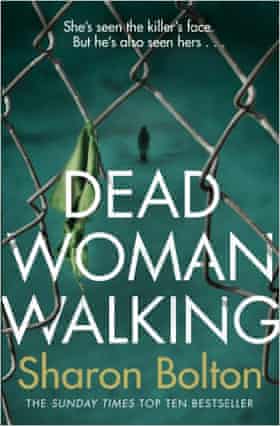
Dead Woman Walking (Bantam, £12.99) once again signals what has made the novels of SJ (now Sharon) Bolton so successful: her clever amalgamation of two genres – the crepuscular, uncanny mystery (not supernatural, but suggesting the trappings of that genre) and the more traditional crime/thriller narrative. After a tense opening involving a plummeting hot air balloon over Northumberland, survivor Jessica Lane recognises murderer Patrick Faa, scion of a Romany family – which puts her right in the line of fire.
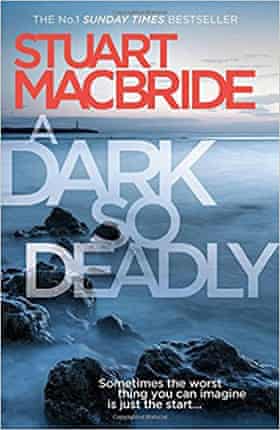
Stuart MacBride is a signature writer of the Tartan Noir school, but his uncompromising work is not for the squeamish. A Dark So Deadly (HarperCollins, £16.99) has DC Callum MacGregor making an egregious mistake when he covers up an error by his pregnant lover, a crime scene specialist. Demoted to a squad of disgraced coppers, he finds himself dealing with a mummified corpse discovered on a local rubbish heap. The initial response is that it is a prank, the body stolen from a museum, but MacGregor and his colleagues demur – and find they have a chance to redeem their reputations. Even longer than Nesbø, this pungent standalone finds room for an entertaining protagonist who serves as Greek chorus, commenting on the tropes of the crime field even as MacBride toys with them.
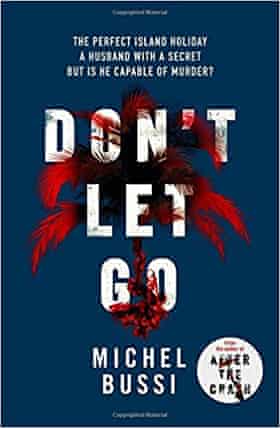
Some writers try carefully calibrated alterations on a winning formula from book to book, but offer few surprises. That can’t be said of the French author Michel Bussi, whose first books to appear in English ranged from an off-kilter saga of a plane crash to a mystery set in Monet’s garden at Giverny. That refusal to repeat himself is evident in Don’t Let Go (Weidenfeld, £12.99, translated by Sam Taylor), which is just as accomplished as its predecessors. Liane Bellion and her husband, Martial, along with their infant daughter, are enjoying the life of lotus eaters on the island of Réunion when Liane unaccountably vanishes. The police find the couple’s room splattered with blood, and Martial is in the frame. But then he and his daughter go on the run, and a manhunt ensues in which fear and racial tension infect the idyllic island.
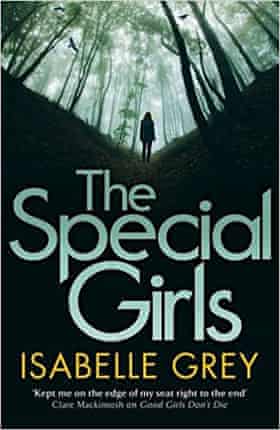
The Special Girls by Isabelle Grey (Quercus, £19.99) offers a penetrating analysis of Stockholm syndrome in a book with a notably filmic sensibility (Grey has considerable experience in TV drama). A psychiatric registrar is bludgeoned to death near a summer camp for patients suffering from eating disorders. DI Grace Fisher is to find that the respected Professor Sir Ned Chesham, who runs the camp, is perhaps not all that he appears to be.
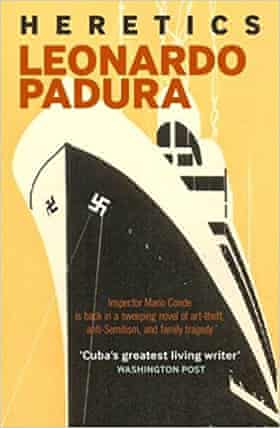
The Cuban Leonardo Padura’s reputation is ironclad, and if you need reminding why, pick up Heretics (Bitter Lemon, £12.99, translated by Anna Kushner) – although those seeking a linear crime scenario may be nonplussed by the book’s jostling between the modern day and 17th-century Amsterdam. Bibulous sleuth Mario Conde is now a secondhand book dealer, but becomes entangled in a mystery involving a Rembrandt portrait and his grandparents, who fled from Nazi Germany but were not allowed into Cuba. It’s as much an astringent picture of Padura’s own society as a crime fiction outing.
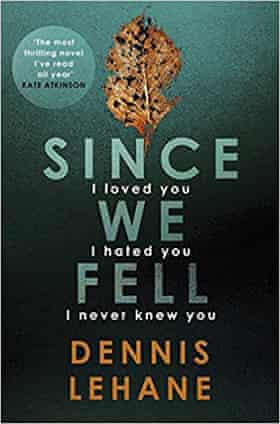
US writer Dennis Lehane’s invigorating Since We Fell (Little, Brown, £18.99) bears traces of his magnum opus, Mystic River. After a breakdown, ex-journalist Rachel Charles lives a reclusive life. She has, however, a supportive husband – until a chance encounter snatches away everything she holds dear. With sharply acute characterisation, this is classic Lehane. And since some of it is set in London, there’s an added piquancy for the British reader.


No comments:
Post a Comment